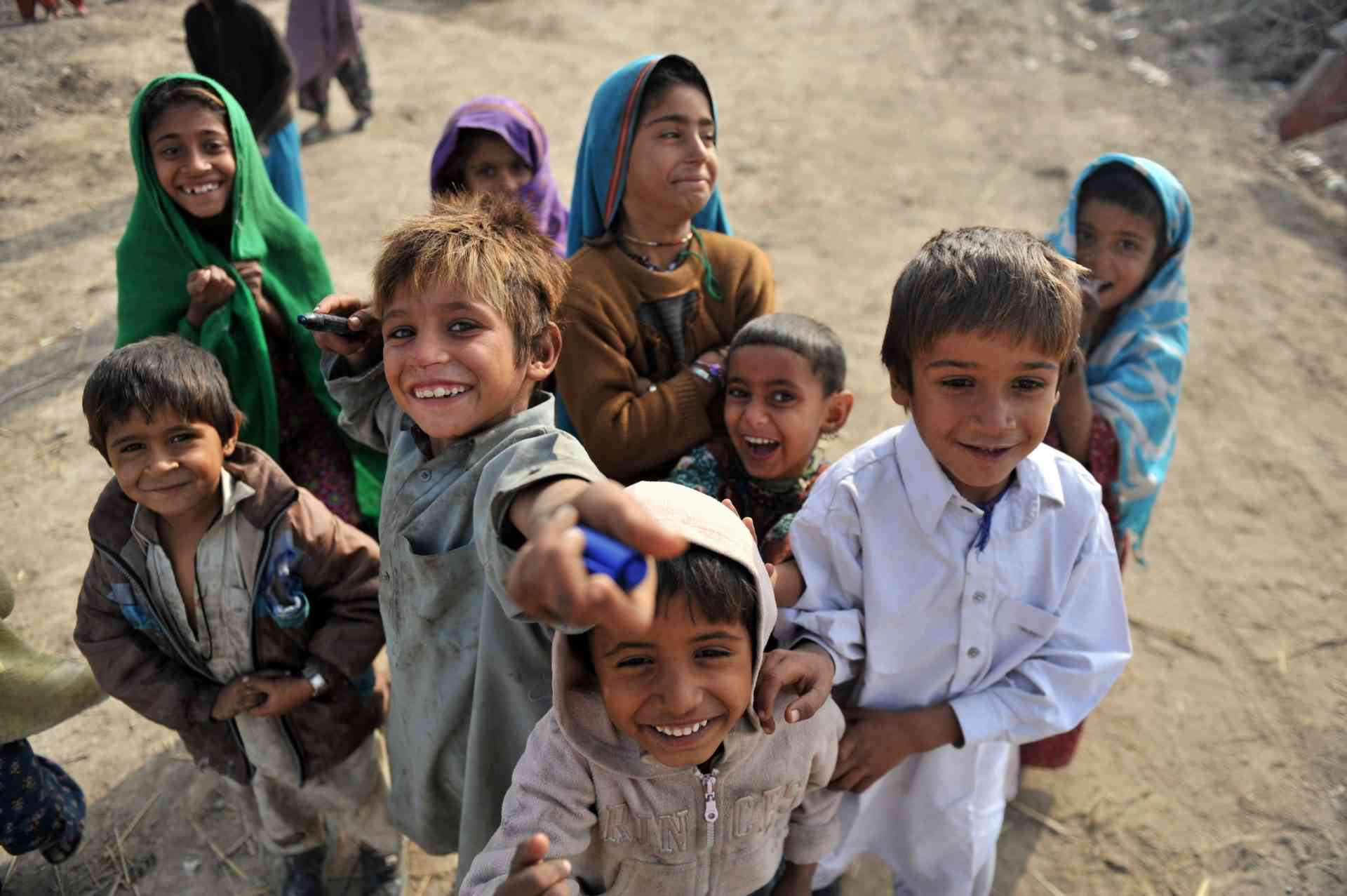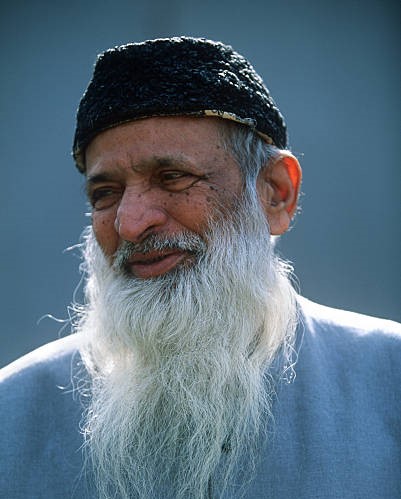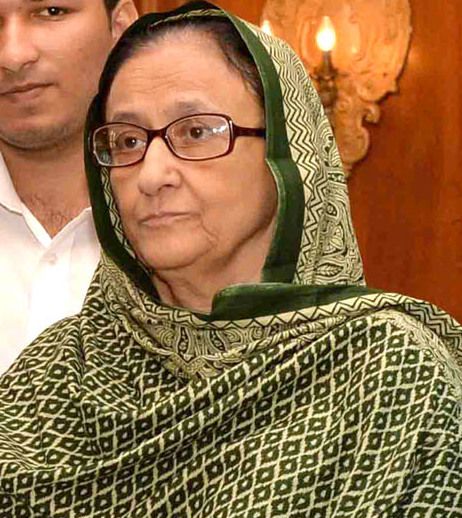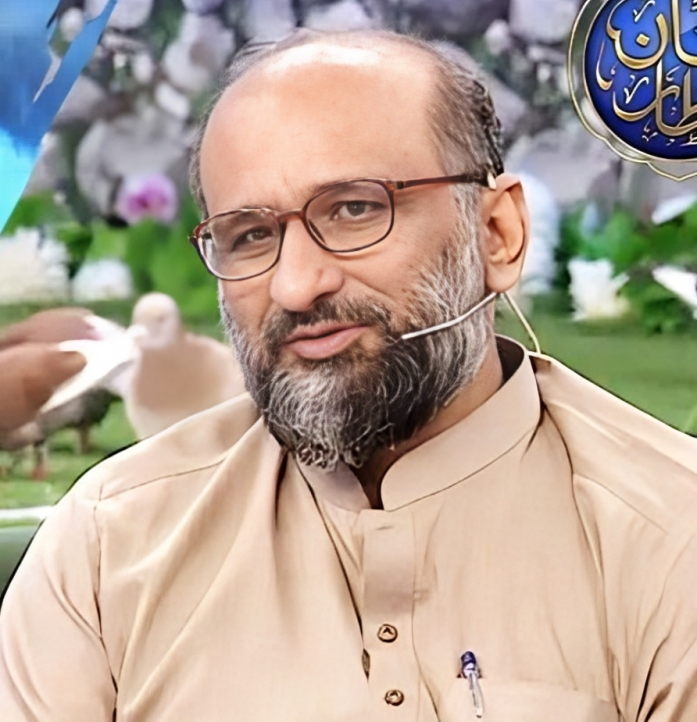Aqeeqa Appeal
Celebrate your newborn's arrival with Aqeeqa, sharing joy and blessings with the needy through your generous gift.

Aqeeqa For Girl - 1 Goat
£50.00

Aqeeqa For Boy 2 Goats
£100.00

Sadqa
Any amount
What Is Aqeeqa?
Aqeeqa is an Islamic tradition performed to express gratitude for a newborn child. It involves slaughtering sheep or goats and is carried out shortly after a child's birth as a symbol of the child's dedication to Islam. This practice not only fulfills a religious obligation but also allows families to share their happiness by distributing meat to the needy, celebrating new life by spreading generosity and community spirit.
Celebrate your child's introduction to the Islamic community through Aqeeqa.
Distribute the joy and blessings of your newborn by providing for those in need.

Benefits of Performing Aqeeqa for Your Child
Strengthen family and community bonds through Aqeeqa.
Aqeeqa is deeply rooted in Islamic tradition, serving as a beautiful ritual that marks the entrance of a child into the Muslim faith. It symbolizes the parents' gratitude towards Allah for the blessing of a child and is seen as a way to safeguard the newborn against misfortune. By performing Aqeeqa, parents show their readiness to raise their child according to Islamic principles and teachings.
This ceremony involves slaughtering one or two sheep or goats, depending on the gender of the child—two for a boy and one for a girl. The meat from the sacrifice is then distributed among family, friends, and especially to those in need. This act of giving not only fulfills a religious duty but also reinforces the ties of kinship and community. It is recommended to hold the Aqeeqa on the seventh day after the child's birth, but it can be performed later if necessary.
The Prophet (saw) said that 'Aqiqa is to be offered for a (newly born) boy, so slaughter (an animal) for him, and relieve him of his suffering. (Sahih Bukhari)
Furthermore, Aqeeqa is a chance for the community to celebrate together. It's traditional to invite family, friends, and neighbors to share a meal, promoting unity and happiness. This event also publicly welcomes the child into the Muslim community, highlighting the support they'll receive throughout their life.
Aqeeqa also showcases charity and generosity. Distributing meat to the needy demonstrates Islamic values of compassion and caring. It teaches everyone, especially young children, about the importance of giving, instilling lifelong values of generosity and community spirit. Through Aqeeqa, parents exemplify faith and community engagement for their children.
Key Elements of AqeeqaCeremony
Celebrate new life with meaningful traditions. .
Selecting the Animal
Choose a healthy sheep or goat that meets Islamic requirements for Aqeeqa. The animal should be free from any defects to ensure the sacrifice is accepted.
Distribution of Meat
The meat is divided into three parts: one-third for family, one-third for friends, and one-third for the needy, ensuring the spirit of sharing and charity is upheld.
Invitations and Gatherings
Family and community members are invited to share a meal, which strengthens bonds and joyously marks the child's entry into the Muslim community.
Recitation of Duas
During the ceremony, special prayers and blessings are recited for the newborn, asking Allah for protection and guidance on their journey through life.
Hair Cutting and Naming
The child’s hair is traditionally shaved, and the weight in silver is given as charity, symbolizing purification. The naming of the child often coincides with the Aqeeqa.

Abdul Sattar Edhi Humanitarian Legend
Born in 1928 in the small village of Bantva near Joona Garh, Gujrat (India), Abdul Sattar Edhi's journey of compassion began with the seeds planted in his soul during his mother's illness. At the age of eleven, when his mother became paralyzed and later suffered from mental illness, Edhi devoted himself to her care.
He undertook the responsibilities of cleaning, bathing, changing clothes, and feeding her. Despite his efforts, the battle against the disease proved to be challenging, and his mother's helplessness grew over the years. This early experience shaped Edhi's lifelong commitment to alleviating the suffering of humanity.

Abdul Sattar Edhi Humanitarian Legend
Born in 1928 in the small village of Bantva near Joona Garh, Gujrat (India), Abdul Sattar Edhi's journey of compassion began with the seeds planted in his soul during his mother's illness. At the age of eleven, when his mother became paralyzed and later suffered from mental illness, Edhi devoted himself to her care.
He undertook the responsibilities of cleaning, bathing, changing clothes, and feeding her. Despite his efforts, the battle against the disease proved to be challenging, and his mother's helplessness grew over the years. This early experience shaped Edhi's lifelong commitment to alleviating the suffering of humanity.
Frequently Asked Questions
Explore our FAQs for clear insights on giving, eligibility, and the
positive impact
your contribution can make in transforming lives.
-
What is the Aqeeqa service provided by Edhi Foundation?
The Aqeeqa service provided by Edhi Foundation is a charitable service that assists families in performing the Islamic ritual of Aqeeqa. This involves the sacrifice of an animal (usually a goat or sheep) to celebrate the birth of a child and to express gratitude. The meat from the sacrifice is often distributed to the needy.
-
How can one avail of the Aqeeqa service from Edhi Foundation?
To avail of the Aqeeqa service, individuals can contact Edhi Foundation through their official website, visit their offices, or call their helpline. They need to provide details about the child and the preferred date for the Aqeeqa.
-
Is the Aqeeqa service available only in specific regions, or is it nationwide?
The Aqeeqa service by Edhi Foundation is available nationwide across Pakistan. They have multiple centers and facilities to ensure the service can be accessed from different regions.
-
Can the Aqeeqa be performed on any specific day, or are there restrictions?
While the Aqeeqa can be performed on any day, it is traditionally carried out on the 7th, 14th, or 21st day after the birth of the child. Edhi Foundation can accommodate the preferred date of the family as long as it is communicated in advance.



